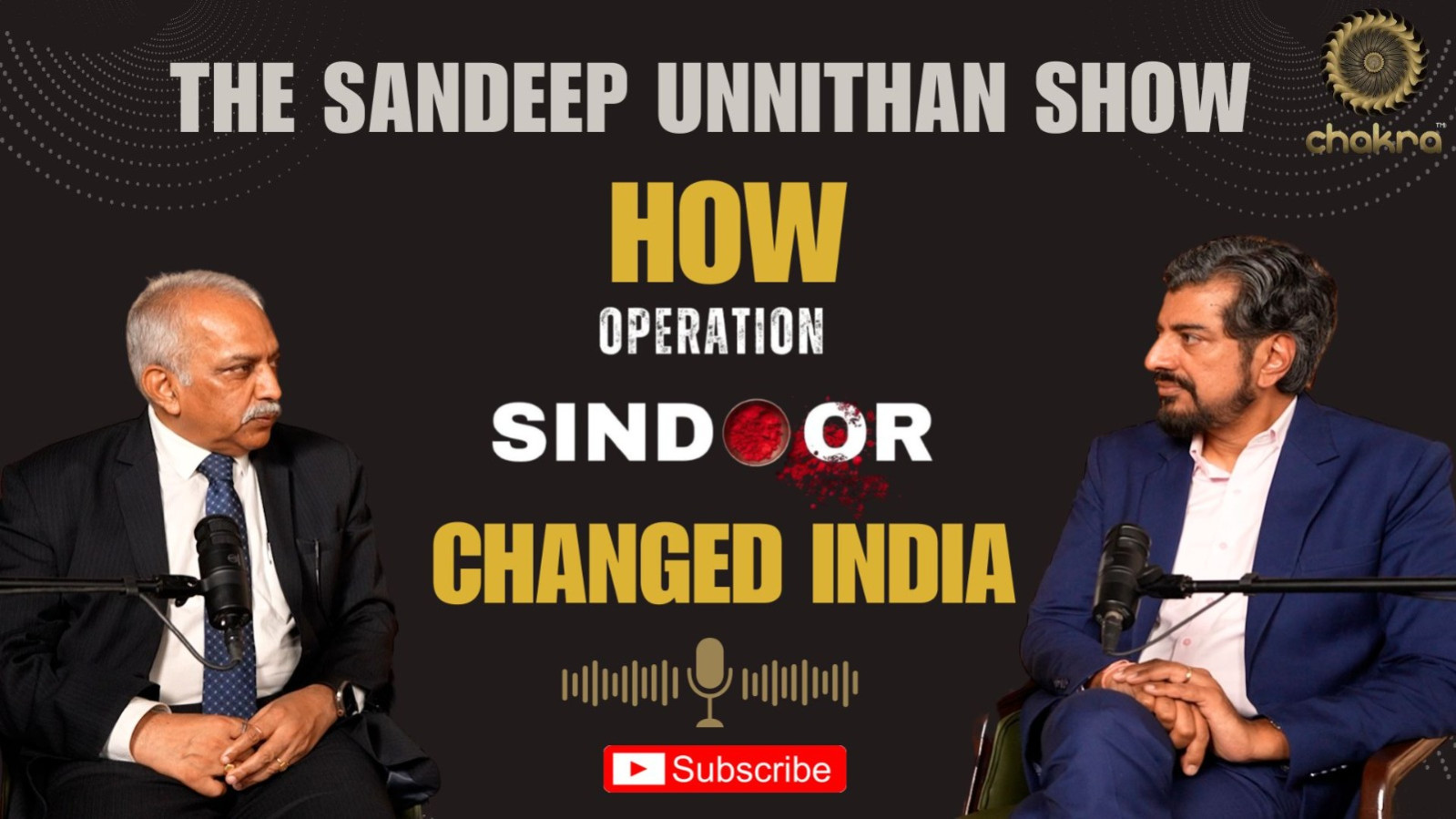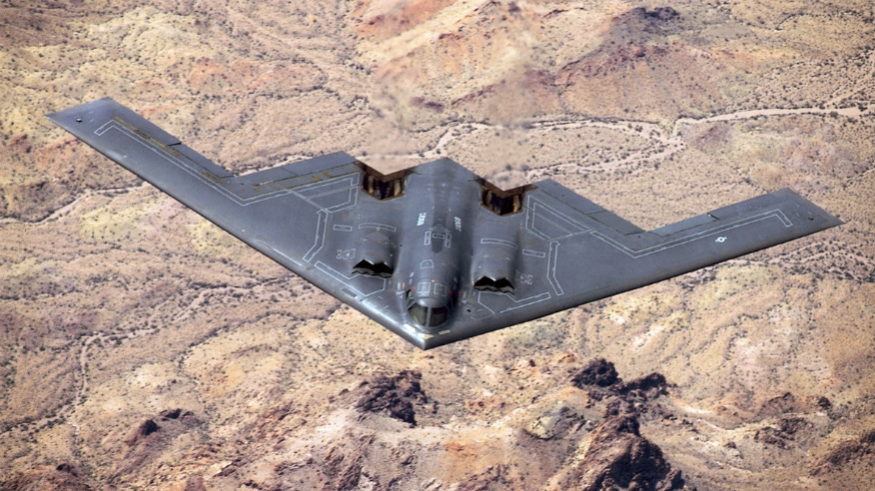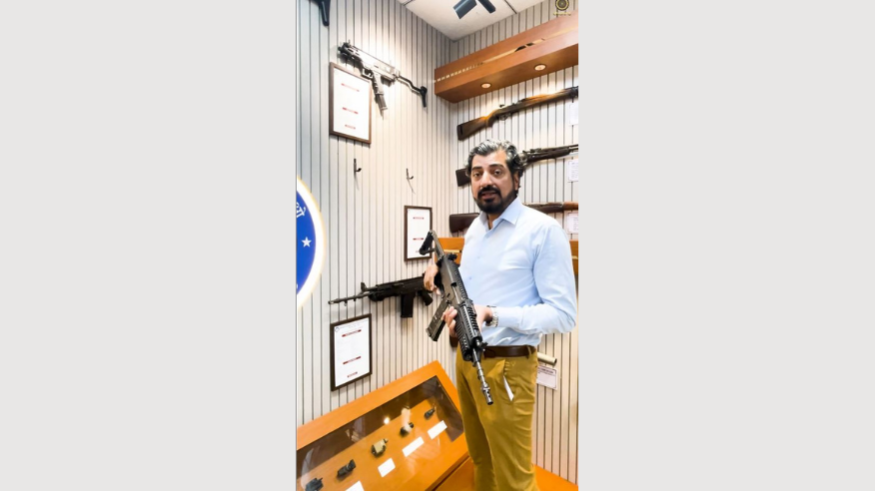Lokesh Machines Plans Small Arms Thrust
Hyderabad-based Lokesh Machines Ltd, traditionally known for its machine tool manufacturing, has made a bold push into India’s growing defence manufacturing space with six indigenous small arms. This includes three variants of the “Asmi” family — Asmi, Asmi Large, and Asmi Super Compact — alongside a 9mm pistol, a Light Machine Gun (LMG), General Purpose Machine Gun (GPMG), and Medium Machine Gun (MMG), all chambered in 7.62x51mm.
“We bring three versions of the Asmi - the original Asmi submachine gun, a compact version called the Asmi C and the full-sized Asmi Large. Our 7.62x51mm LMG delivers effective firepower up to 800 metres. The GPMG extends that reach to 1,200 metres for sustained combat roles, and the MMG bridges the gap with mobility and power. We're also working on a 9mm pistol,” says the CEO, Lokesh Machines M Srinivas.
India’s first indigenous submachine gun
At the heart of this arsenal is the Asmi, a 9x19mm calibre machine pistol that has already found favour with the Indian Army. Developed by Colonel Prasad Bansod of the Indian Army in collaboration with the DRDO, the Asmi is designed for close-quarter battle (CQB) and counter-terrorism operations. The weapon features an 8-inch barrel, a 33-round magazine, and a unique semi-bullpup design that enables single-handed use — bridging the gap between a pistol and a submachine gun.
Firing upto 600 rounds a minute, its semi-bullpup configuration allows for compactness without sacrificing barrel length, enabling accurate fire in tight spaces. The Asmi operates on a blowback system, is capable of both semi-automatic and automatic fire, and comes equipped with Picatinny rails for mounting optics and accessories. Designed with ergonomics and modularity in mind, it can be used single-handedly like a pistol or gripped like a submachine gun, making it ideal for special forces and urban operations.
In November 2024, Lokesh Machines delivered 550 Asmi pistols to the Army’s Northern Command in a ₹4.26 crore deal. The Army lauded it as a “robust, compact and reliable” weapon and a step towards achieving Atmanirbharta, or self-reliance in defence. The Asmi was chosen over global icons like the Israeli Uzi and German MP5, reflecting growing confidence in indigenous design and production.
The Asmi series has also piqued the interest of paramilitary forces such as the NSG, BSF, Assam Rifles, and various state police units.
Lokesh Machines has indicated its interest in exporting these weapons to friendly nations.
"With Asmi, we’ve proven that Indian firearms can compete with the best in the world. We are interested in opportunities to take this innovation to the international defence market,” says M Srinivas, CEO, Lokesh Machines
Founded in 1983, Lokesh Machines’ pivot to small arms signals a broader trend of Indian private sector firms entering defence manufacturing. Even as it battles geopolitical scrutiny, its push into indigenous weapons development — led by the Asmi — marks a significant milestone in India’s quest for strategic autonomy.















Comments